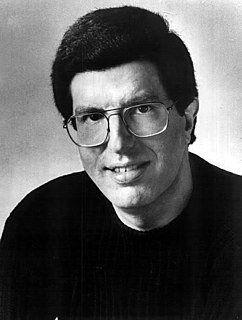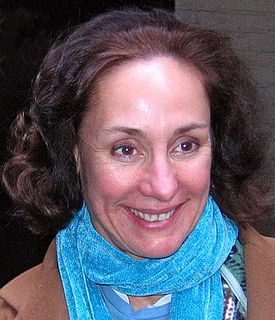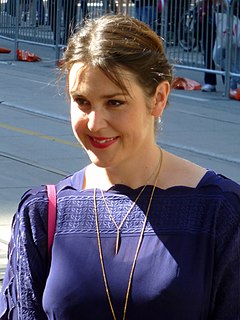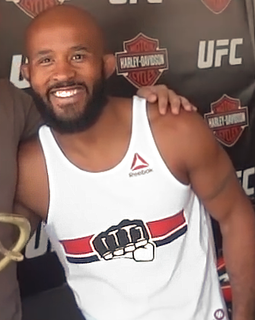A Quote by Adam Gopnik
I try to turn a written thing, when I'm in trouble with it, into a spoken thing: I start imagining what I would say to someone if I were trying to tell the story or make the argument.
Related Quotes
The main thing I try to do is write as clearly as I can. Because I have the greatest respect for the reader, and if he's going to the trouble of reading what I've written -- I'm a slow reader myself and I guess most people are -- why, the least I can do is make it as easy as possible for him to find out what I'm trying to say, trying to get at. I rewrite a good deal to make it clear.
A story is a way to say something that can't be said any other way, and it takes every word in the story to say what the meaning is. You tell a story because a statement would be inadequate. When anybody asks what a story is about, the only proper thing is to tell them to read the story. The meaning of fiction is not abstract meaning but experienced meaning.
When I get a beautifully written piece of material, I immediately start imagining how I would interpret it. I love just daydreaming about it for months, breaking it down, seeing where I can spin something. How I can turn this into the most fun ride for the audience that I can make it? That's my job.
I feel like any actor should always be thinking about how to serve the story. The thing to be cautious of is trying to make too much of your "moment," or whatever. The story is a lot bigger than you, and you're there to help it along. The thing to think about is whether what you're doing is true to the moment and where the story's going, rather than going, "Here are my scenes. What can I try and do to make the most of them?"
It was like they waited to tell each other things that had never been told before. What she had to say was terrible and afraid. But what he would tell her was so true that it would make everything all right. Maybe it was a thing that could not be spoken with words or writing. Maybe he would have to let her understand this in a different way. That was the feeling she had with him.
The most important thing in my life, and the thing I try to focus on, is to try not to live a life of cruelty. That means trying to make sure I look people in the eye when I meet them. Sometimes you jump in a taxi, or maybe you only have two minutes with someone, and you never see them again. I try to always look them in the eye and have a real experience of what it is to communicate with someone.
If you're going to make as much money as you are, when you're fighting someone else, that's the one thing I always tell people is I would never turn down the truly rightful No. 1 contender in my division, because the UFC can actually strip you. They can say, 'You're not going to fight the No. 1 contender. We can strip you.'
Vera said: 'Why do you feel you have to turn everything into a story?' So I told her why: Because if I tell the story, I control the version. Because if I tell the story, I can make you laugh, and I would rather have you laugh at me than feel sorry for me. Because if I tell the story, it doesn't hurt as much. Because if I tell the story, I can get on with it.
I am a director and I think actually they're not that different - dramas and docs aren't that different. When I'm doing a drama I'm trying to make things feel as believable and real as possible. The hair, the make-up, the costume, the design, you're trying to make it authentic. And when you've got a documentary it's all authentic, so what story are you going to tell and how do you make it dramatic and exciting? It's the same thing.
When you start, it's very cold, an impossible task. But then maybe the characters start to take on a little bit of life, or the story takes a turn that you don't expect ... With me that happens a lot because I don't outline, I just have a vague notion. So it's always felt like less of a made thing and more of a found thing. That's exciting. That's a thrill.






































